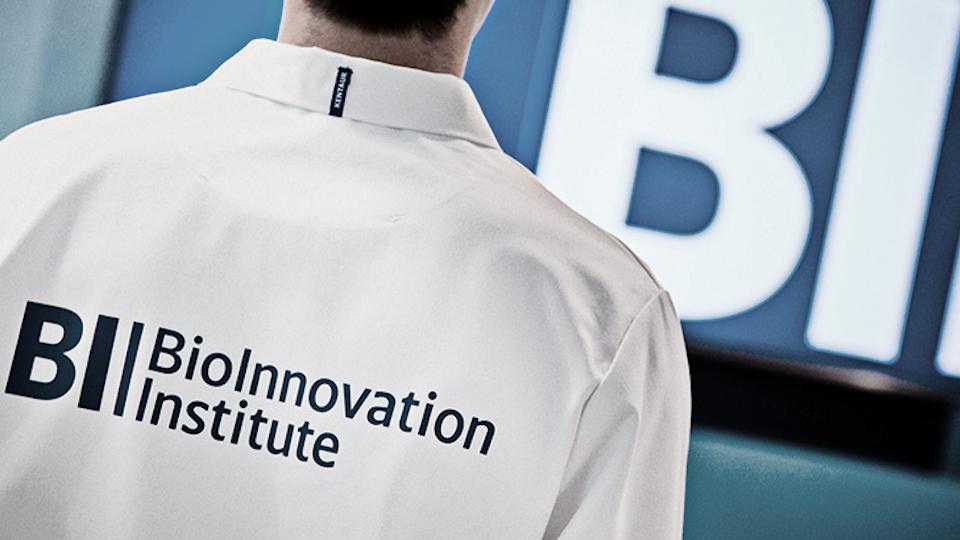Novo Nordisk Foundation gives $75m for R&D 'challenges'

The latest round of R&D funding from the Novo Nordisk Foundation (NNF) has been announced and will go towards projects in biomanufacturing, cardiometabolic diseases, and artificial intelligence.
The NNF – a philanthropic non-profit organisation that owns a controlling stake in Danish drugmaker Novo Nordisk – has been running its Challenge Programme since 2014, and this year will provide DKK 475 million (around $75 million) to nine projects that span health and environmental objectives.
This year's funding represents a leap from the DKK 360 million provided last year for three projects in biotech-based technologies for society's green transition, uncovering the mechanisms behind insulin resistance, and sustainable energy supplies.
This year's crops fall under four main categories, all of which include projects that could have benefits for the health sector and biopharma industry.
One is focused on improving our understanding of how fat tissue deposits contribute to atherosclerosis and other heart diseases, and is split across two projects at Aarhus University and the University of Copenhagen that will be funded with DKK 50 million and DKK 56.4 million, respectively, over the next six years.
A second will explore the link between infectious and cardiometabolic diseases and also consists of two projects at Copenhagen University and Hvidovre Hospital, claiming DKK 60 million apiece, looking at the well-established yet still poorly understood links between oral infections and hepatitis B with obesity, diabetes, and heart disease.
One of the AI projects, at Aarhus University, is looking at harnessing AI to allow personalised radiotherapy with a fund of DKK 53 million, while others are investigating ways to improve solar power technology (Technical University of Denmark; DKK 40 million) and study the impact of climate change (Danish Meteorological Institute; DKK 39 million).
Finally, two projects at Aarhus University and the Technical University of Denmark, claiming just under DKK 60 million each, are aimed at improving biomanufacturing processes that can transform greenhouse gases into useful products like proteins, alcohols, and acids.
"We believe that the most effective way to address the immense challenges we face in areas such as human health and the green transition is through better research, brighter ideas and – not least – a far stronger scientific ecosystem for knowledge sharing and innovation," said Flemming Konradsen, chief scientific officer for Health at NNF.
"The Challenge Programme is one of our most important building blocks in achieving that mission," he added.
Other projects supported by the NNF in recent years include efforts to tackle health equity, antimicrobial resistance (AMR), new and improved vaccines for widespread infectious diseases, and stem cell research.
Photo by Towfiqu barbhuiya on Unsplash












